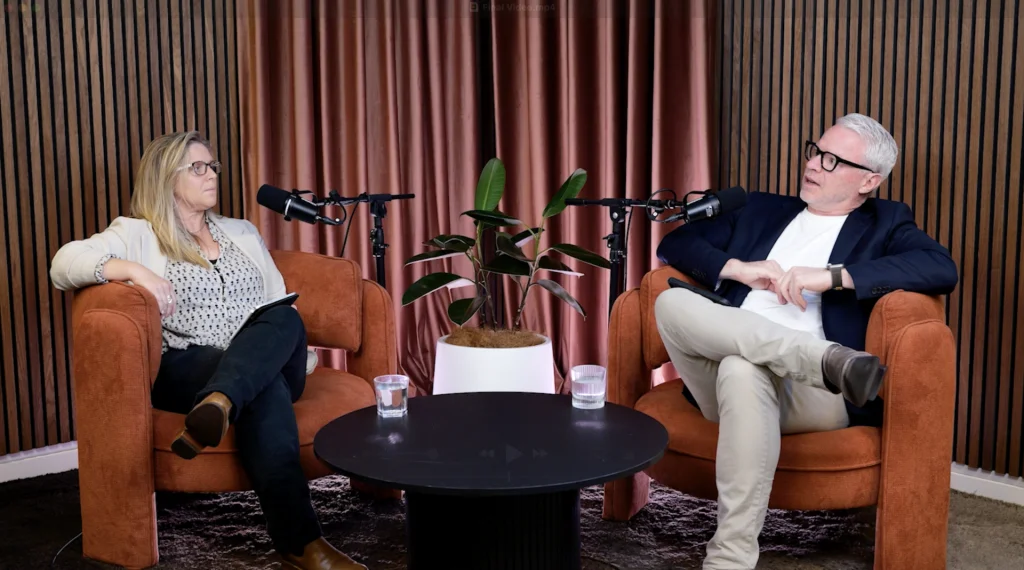Donald Trump’s recent court and campaign performances highlight his go-to strategy in a reputation crisis – attack the reporter/questioner. Though still uncommon, more aggressive reputation strategies have become prevalent in recent years, particularly among politicians.
Core reputation defence strategies, from most to least aggressive.
- Attack the reporter/ accuser. Confront the person making the accusation.
- Denial. Assert that there is no crisis.
- Scapegoat/ shield. Blame others/ hide behind others.
- Excuse. Minimise organisational responsibility by denying intent to cause harm or claiming inability to control events:
- Provocation. Crisis was response to someone else’s action.
- Defeasibility. Lack of information leading to the crisis.
- Accidental. Lack of control over events leading to crisis.
- Good intentions. Organisation meant to do well.
- Justification. Minimise perceived damage.
- Reminder. Remind about good track record.
- Ingratiation. Praise stakeholders for bringing issue to your attention.
- Compensation. Offer gifts, money or support.
- Accept blame. Take responsibility for issue and ask forgiveness.
While aggressive responses were once common in the corporate world – in the UK, Sir Jimmy Goldsmith’s pugilistic interviews were a sight to behold – in the past 10 years’ the corporate “mea culpa” became standard. Why? The move to “profit and purpose” models meant that companies couldn’t risk alienating key stakeholders (including investors). Apologies assuage diverse stakeholders.
However, there’s evidence this is changing. In the UK, the King’s bank Coutts recently found itself at the center of the culture wars when it was accused of “debanking” Nigel Farage. Rather than apologizing, the company briefed against Farage – humiliating him in the process (not that it ended well for them).
Recent “return to office” communications from US banks and tech leaders have struck a defiant, combative tone, a far cry from the softer style of the pandemic.
So what’s causing the change? Part of it is normalization after the pandemic. A tight labor market has loosened – companies don’t need to fight as hard to attract talent, ditching the rhetoric on employee choice and flexibility.
At the same time, companies are being sucked into culture wars, forcing them into difficult choices. Go “woke” and risk the wrath of the right? Lurch right and face a social media pile-on?
Companies are expected to take a position on polarizing issues, from wars to social justice. The more they do, the greater the risk of division and public attacks.
In turn, this is driving a return to more aggressive reputation defense strategies. It’s no coincidence that the Coutts incident had a political dimension.
With war in the Middle East and Europe and less than a year until the US Presidential election, culture wars and polarization will likely increase. Reputation risks to companies will grow.
Whether they combat these with aggressive strategies remains to be seen; at minimum, they must review their reputation playbooks for a febrile and challenging 2024.
Charlie Ansdell is a senior consultant and Cognito’s Chief Operations and Strategy Officer





